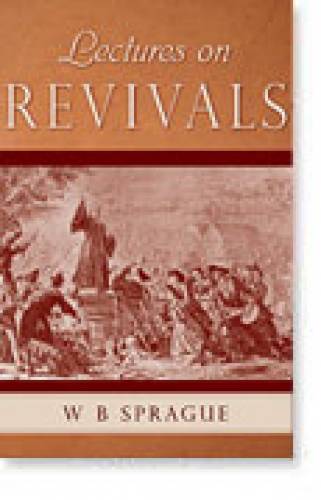Banner of Truth
Lectures on Revivals
Lectures on Revivals
Couldn't load pickup availability
What is a revival? What obstacles stand in the way of such a work? Are revivals a work of God or of man? What means can be lawfully used to produce and promote a revival? How are awakened sinners and young converts to be treated and cared for? What peculiar evils are to be guarded against in times of revival? What are the results of revivals? Lectures on Revival answers such questions as these in an exceptionally fine manner. Dr Sprague's treatment of the subject is scriptural, theological and balanced. Sprague's experience of genuine revivals, his faithfulness to biblical theology, and his balanced view, eminently fitted him to write what Dr Lloyd-Jones described as The outstanding classic on this vital and urgently important matter.' The chapters cover such important themes as The Nature of Revival, Obstacles to Revivals, Divine Agency in Revivals, General Means of Producing and Promoting Revivals, Treatment Due to Awakened Sinners, Evils to be Avoided in connection with Revivals. There is also a large and excellent Appendix comprising letters on revivals by various North American evangelical leaders of the nineteenth century. A special and unique feature of this new edition is the biographical sketch of each correspondent, kindly supplied by Dr James M. Garretson. The original Banner reprint, from which the text of this new edition was drawn, was reproduced from the personal copy of Charles Simeon of Cambridge, who warmly commended the volume to his Executor by recording on its flyleaf the words: A most valuable book . . . I love the good sense of Dr Sprague.' William Sprague (1795-1876), an eminent Presbyterian minister, was born in Andover in 1795. He went to Yale College in 1811 and graduated with honours in 1815. The following year he entered Princeton Seminary where he studied for more than two years, after which he gained experience in two pastorates lasting one year and ten years respectively. Subsequent to this he moved to Albany where he remained for forty years.


